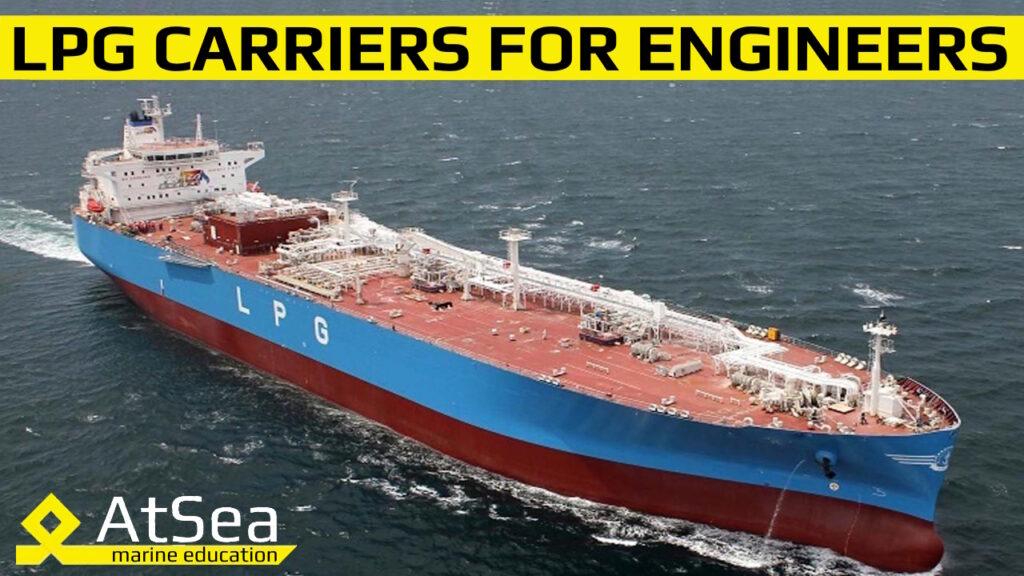Temnikov Alexandr Sergeevich

We are pleased to introduce a new course dedicated to LPG (liquefied petroleum gas) carriers. This lecture package will provide a detailed exploration of the operational specifics of these vessels, including their classification and structural features.
What You Will Learn in This Course:
Classification and Structural Features:
Dive into the different types of LPG carriers and their unique designs, which ensure safety and efficiency in gas transportation.
Key Aspects of SOLAS Chapter VII and the IGC Code:
Examine the essential provisions of SOLAS Chapter VII, including the International Gas Carrier (IGC) Code, which governs the safe operation of gas carriers.
Cargo Systems and Tanks:
Discuss the specifics of cargo system design and cargo tank construction on LPG vessels, as well as their impact on safety and operations.
The gas industry is currently experiencing rapid growth, becoming an increasingly vital segment of the global energy market. With rising demand for clean and sustainable energy sources, gas shipping has emerged as one of the most promising sectors in maritime transport. This course will serve as a valuable resource for those preparing for job interviews and seeking employment on LPG carriers.
In this lecture, we will thoroughly examine the key concepts related to the process of transporting liquefied gases on LPG carriers. 🚢💨 In this lecture, you will learn about:
This course is aimed at marine engineers who seek to deepen their knowledge in employment opportunities on modern gas carriers. The liquefied gas transportation industry is actively developing, and the demand for qualified professionals continues to grow. Prepare for new opportunities in this dynamically evolving field and become an integral part of the future of shipping!
In this course, we continue our in-depth study of LPG carriers, exploring their key characteristics and operational aspects. The gas industry is actively evolving today, becoming an important segment of the global energy market. With the growing demand for clean and sustainable energy sources, gas transportation is becoming one of the most promising areas of shipping.
Key Concepts:
Control Systems in Cargo Tanks:
Safety on LPG Carriers:
In the third lecture of the “LPG for Engineers” course package, we will discuss in detail the cargo system and the equipment for re-liquefying gas.
The gas industry is currently experiencing rapid development, becoming an increasingly important segment of the global energy market. With the growing demand for clean and sustainable energy sources, gas transportation is emerging as one of the most promising sectors in shipping. This course will be a valuable asset in preparing for interviews and securing positions on LPG vessels.
In the Fourth lecture of the “LPG Course for Engineers,” we will discuss cargo compressors of the Sulzer type in detail.
The gas industry is currently experiencing rapid development, becoming an increasingly important segment of the global energy market. With the growing demand for clean and sustainable energy sources, gas transportation is emerging as one of the most promising sectors in shipping. This course will be a valuable asset in preparing for interviews and securing positions on LPG vessels.
